1070799
License Number
Call Us
La Puente, CA 91746
Visit Us Here
24 Hour Service
7 Days a Week
Troublesome Water Heater Problems and How to Address Them
Water heaters play a pivotal role in the fabric of everyday life, providing the hot water necessary for bathing, cleaning, cooking, and heating our homes. They are an unsung hero in the smooth operation of household chores and comfort, making it critical to maintain their optimal performance. However, water heater problems can arise unexpectedly, leading to disruptions and discomfort in our daily routines.
Recognizing the common signs of water heater problems is crucial in mitigating their impact efficiently. Issues such as inconsistent water temperatures, leaks, discolored water, or unusual noises indicate something is amiss. Early detection and addressing of these symptoms can prevent minor issues from escalating into major inconveniences, ensuring that our reliance on hot water goes uninterrupted.
Common Water Heater Problems
Water heaters, while essential to our everyday comfort, can encounter a myriad of issues that disrupt their function. From leakage problems signaling potential tank failure to inconsistent temperatures affecting your daily routine, understanding common water heater issues empowers homeowners to act effectively, preventing minor hiccups from ballooning into major, costly repairs.
1. Common Water Temperature Issues
Water temperature inconsistencies in your water heater can be a frustrating experience, impacting daily routines and home comfort. Understanding the different factors causing these issues aids in diagnosing and finding potential resolutions quickly.
- Experiencing Cold Water: If consistent cold water is all you receive, it likely implies an issue with the heating element, thermostat malfunction, or power supply problems. Check for blown fuses and reset the circuit breaker to rule out any power-related issues. Additionally, inspecting the thermostat to ensure it’s receiving power is also recommended. However, complications with the thermostat, thermocouple, or heating element often necessitate professional assistance from a plumber.
- Water is Warm, Not High Temperature: Various factors could be behind this problem, such as an inadequate water heater tank, mix-up of hot and cold connections, or recurring issues with the thermostat or heating element. A skilled plumber can provide appropriate repairs or evaluate the situation, suggesting an upgrade to a larger unit if deemed beneficial.
- Excessive Hot Water: Enjoying hot water doesn’t mean risking scalds during shower time. If your water is overly hot, it typically warrants a thermostat adjustment. The recommended safe maximum is around 120 degrees, which balances comfort and safety.
Handling water heater temperature issues involves timely assessment and, sometimes, professional consultation. Quality and timely intervention ensure a steady supply of hot water and prolong the lifespan of your water heater.
2. Water Heater Leaks
Discovering a leak in your water heater can escalate from a minor inconvenience to a significant concern, threatening both property and the efficient functioning of your home’s water system. Identifying the root causes of these leaks is key to implementing effective remedies. Here’s a breakdown of common causes and solutions for water heater leaks.
Causes:
- Rust and Corrosion: The natural enemies of water heater tanks, often leading to leaks over time.
- Faulty Temperature and Pressure Relief Valves: These essential safety devices can malfunction, resulting in leaks.
- Improper Pressure, Stuck Valves, Overheating: Excessive pressure or overheating can stress the system, causing leaks.
- Loose Heating Element Bolts, Bad Gaskets, Dip Tube Issues: The integrity of these components is crucial for preventing leaks.
Solutions:
- Check Plumbing Connections: Visually inspect and tighten any loose plumbing connections without overtightening, which might resolve the issue.
- Inspect the Tank: Look for rust, corrosion, or other degradation signs. This visible damage might indicate the need for professional intervention.
- Consult a Professional: If the tank is leaking, the situation usually requires replacing the water heater. Contacting a seasoned plumber to evaluate and replace the unit is the most practical action.
3. Strange Noises
These strange noises are a hallmark of accumulated sediment within the water heater. Over time, minerals in the water can solidify, creating a layer at the bottom of the tank. This layer can cause water to bubble and create popping or rumbling noises as it pushes through the sediment buildup.
Resolving this issue primarily involves draining or flushing the unit to eliminate the sediment build-up. However, it’s best to seek professional assistance if you’re unsure of the safe procedures. Your local plumber should be capable of efficiently flushing the system and restoring your water heater to its noise-free, efficient condition.
4. Discolored Water
The emergence of a rust color in your water usually signifies internal tank corrosion. As the tank corrodes, rust begins to leach into the water, causing a distinctive discoloration.
In order to combat this issue, one should first consider inspecting and potentially replacing the water heater’s anode rod, which exists to combat such corrosion. If the anode rod replacement doesn’t alleviate the issue, or if the tank has corroded past the point of simple repairs, it might be time to consider investing in a new water heater.
5. Power Source Unavailable
If you encounter a situation where your device or appliance isn’t receiving power, there are steps to take to troubleshoot and possibly resolve the issue.
Possible Steps:
- Examine the manufacturer’s warranty, which may offer guidance or services to address power issues.
- Seek a professional inspection to determine the root cause and ensure safe and correct resolution of any electrical problems.
Deciding Between Repair and Replacement
When facing issues with an appliance or unit, you often must decide between repairing or replacing it entirely. Here are some key criteria and considerations to help you make that decision.
Criteria:
- Nature of the problem: If the issue is minor and can be easily fixed, a repair might be all that’s needed. However, consistent or major problems could indicate that a replacement is due.
- Age of the unit: Older units tend to require more repairs and can also be less energy-efficient. It’s suggested that if the repair cost is more than 50% of the cost of a new unit and the unit is more than halfway through its expected lifespan, replacement might be the better option.
- Advancements in technology: New appliances and units usually use advanced technology that makes them more efficient and cost-effective in the long run. Consider whether the new technology would significantly outweigh the benefits of repairing your current unit.
Consideration:
- Type of the new unit: When pondering replacement, consider what type of new unit would best serve your needs. Units can vary greatly, from gas or electric to tankless designs. Each type has its benefits and potential downfalls, so consider researching thoroughly before deciding.
Installation Considerations
When embarking on the installation of a new water heater, several crucial considerations come into play. It’s not just about choosing the right model but ensuring the installation process aligns with safety, efficiency, and legality mandates.
Professional versus DIY Installation
- Professional Installation: Offers peace of mind with warranties, guarantees expertise, and meets safety standards. Ideal for complex installations.
- DIY Installation: This could save on initial costs but requires a high level of technical skill. A considerable option for experienced DIYers, though risks may include improper installation and potential voiding of warranties.
Potential Adjustments Needed in Plumbing Configuration
- Modifications may be needed to accommodate the new unit’s size and type.
- Upgrading water lines for efficiency and reliability.
- Installation of expansion tanks if required by local codes.
Importance of Adhering to Local Building Codes
- Ensures the safety of the household and community.
- Mandatory inspections and permits validate the installation process.
- Compliance avoids legal and financial pitfalls, ensuring the installation is up to standard.
Maximize Your Comfort with Water Heater Services from Showtime Plumbing LLC
Ensuring your water heater operates efficiently isn’t just a matter of convenience—it’s about maximizing comfort and safety in your home. A malfunctioning unit can lead to inconsistent water temperatures, potential property damage from water leaks, and even higher utility bills due to inefficiency. Addressing water heater issues promptly prevents minor annoyances from escalating into full-blown emergencies, securing both your peace of mind and the longevity of your water heater.
Professional advice isn’t just recommended when dealing with such crucial household infrastructure—it’s paramount. Enter Showtime Plumbing LLC, your dedicated ally in safeguarding home comfort. With our seasoned experts, each with years of indispensable industry experience, we bring unparalleled service to California residents. For top-notch guidance and comprehensive water heater solutions, reach out to us at (562) 822-5734 and rest assured that your hot water needs are in skilled hands.
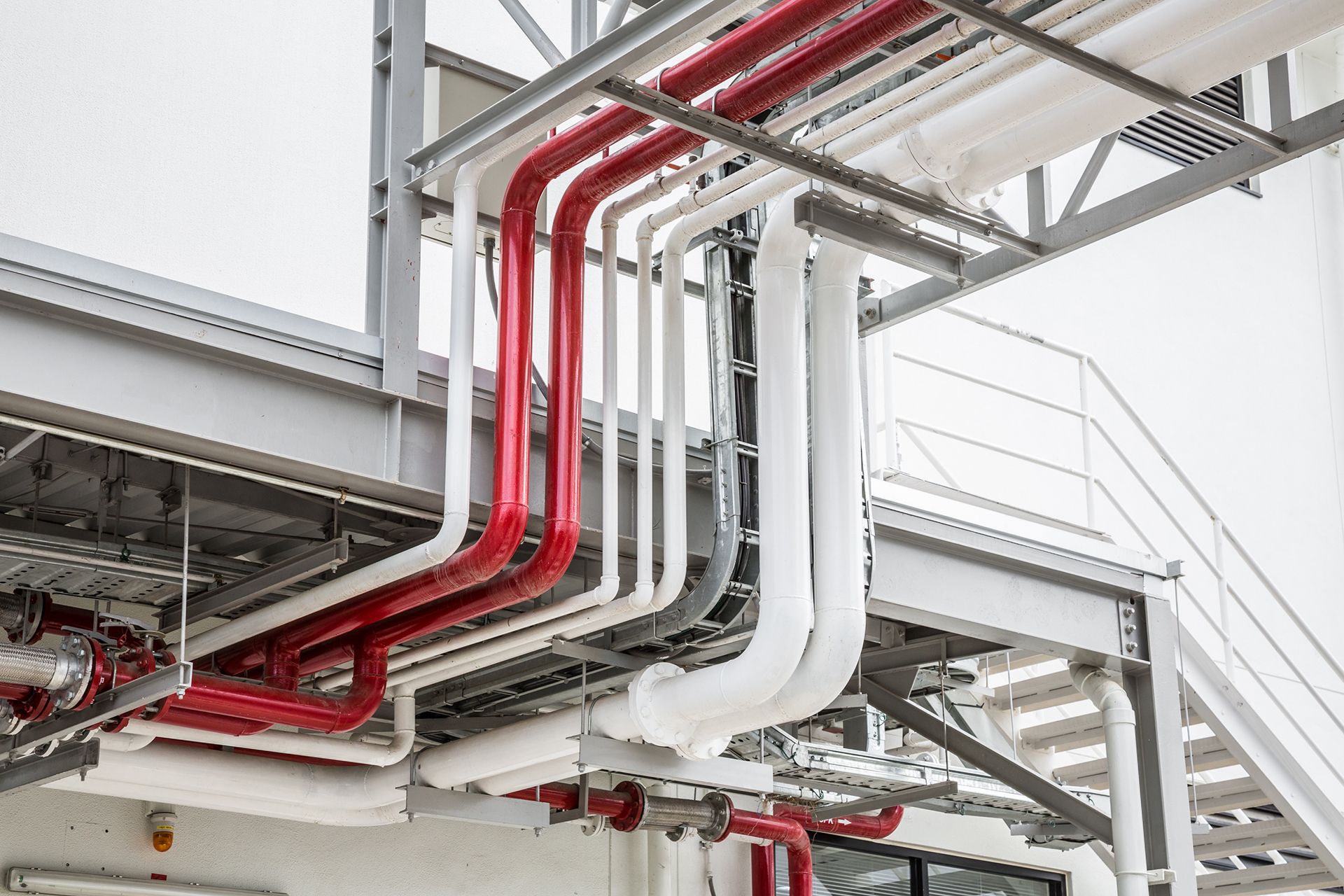
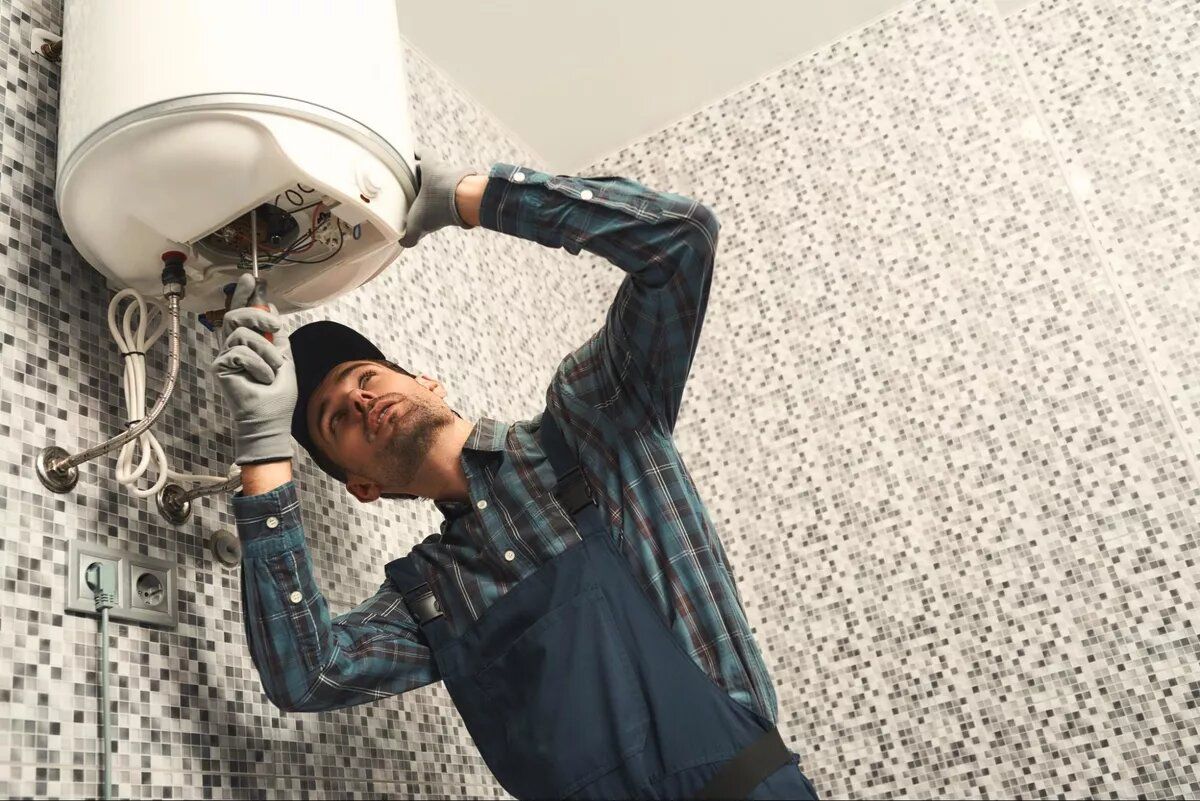
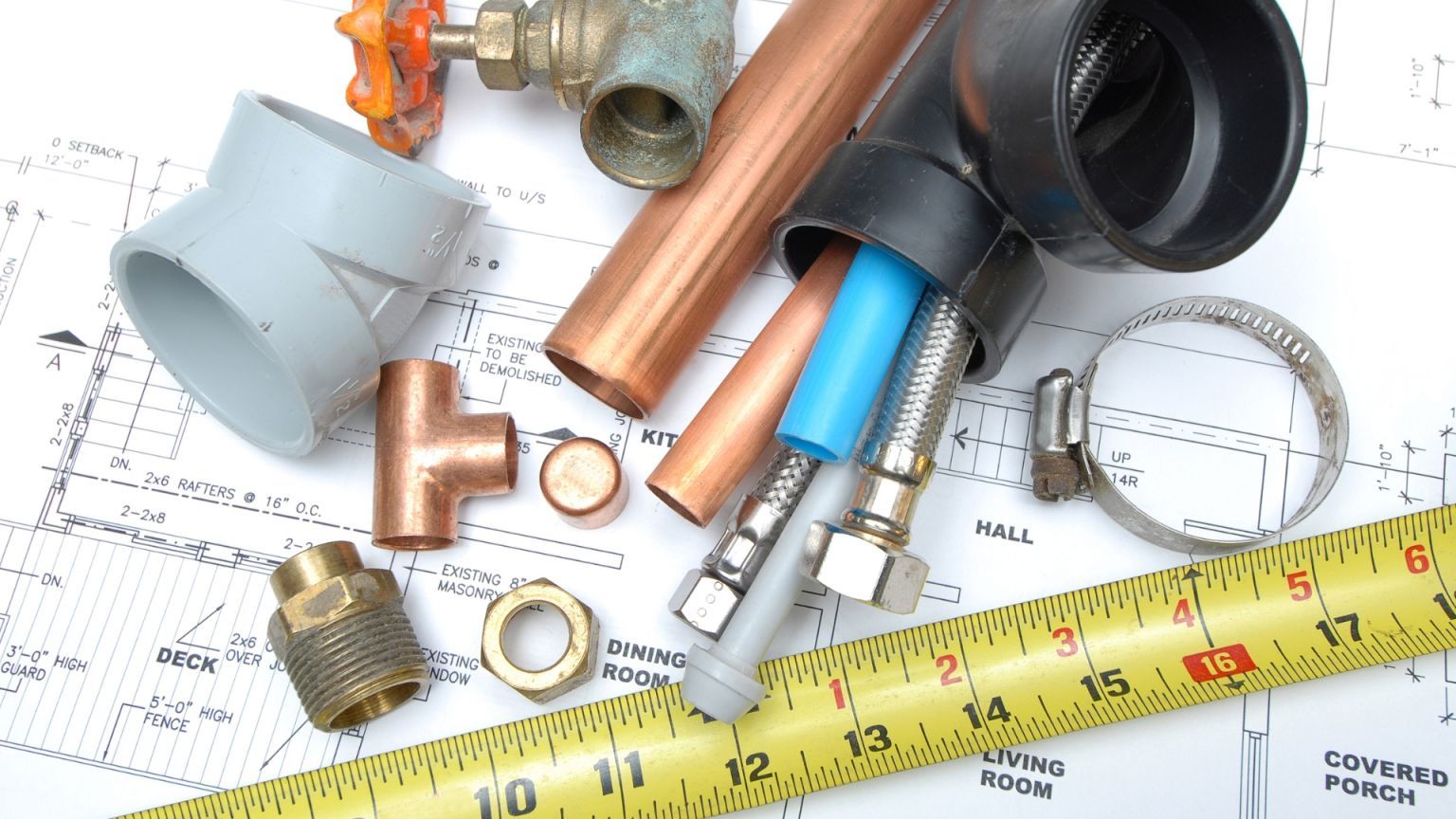
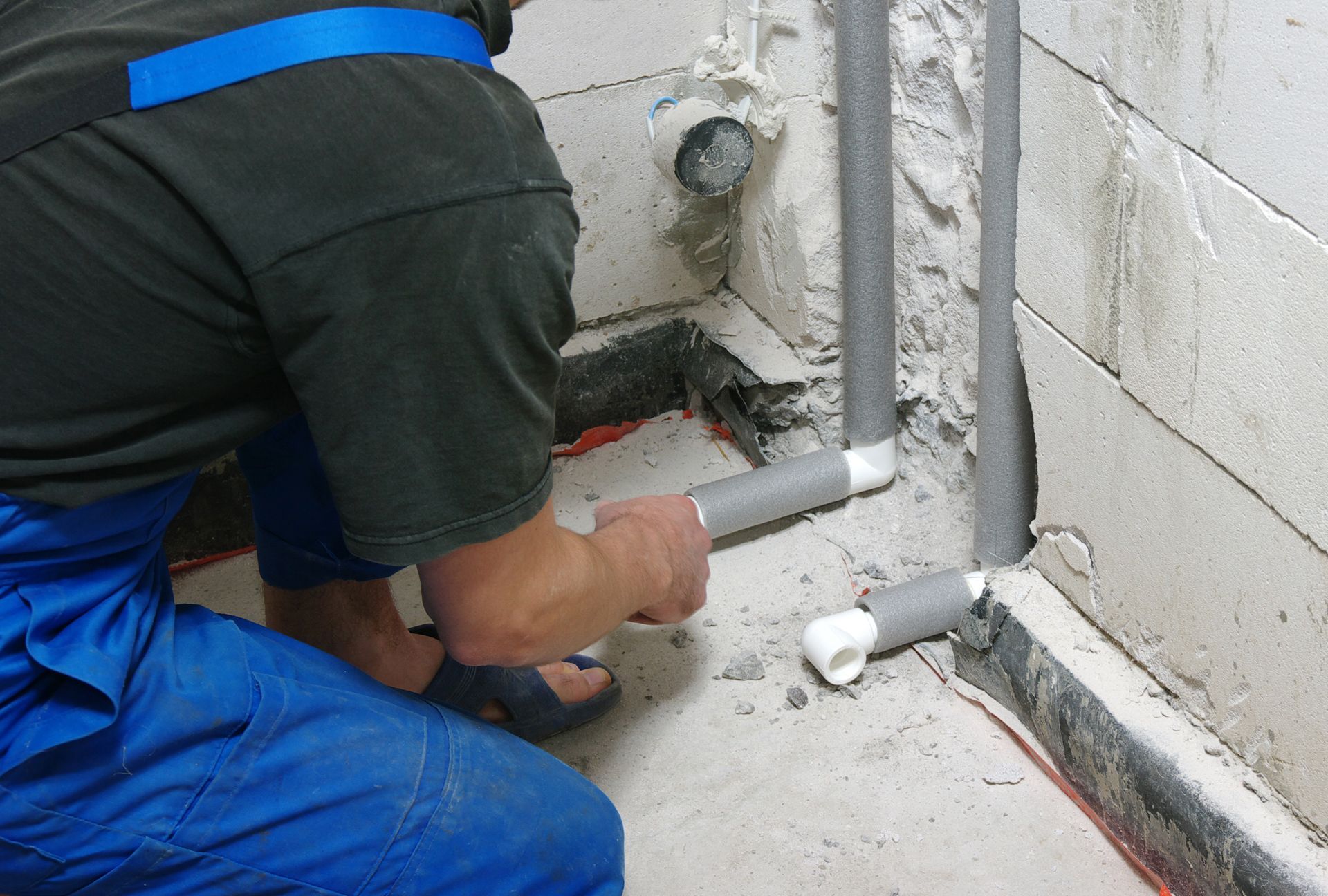
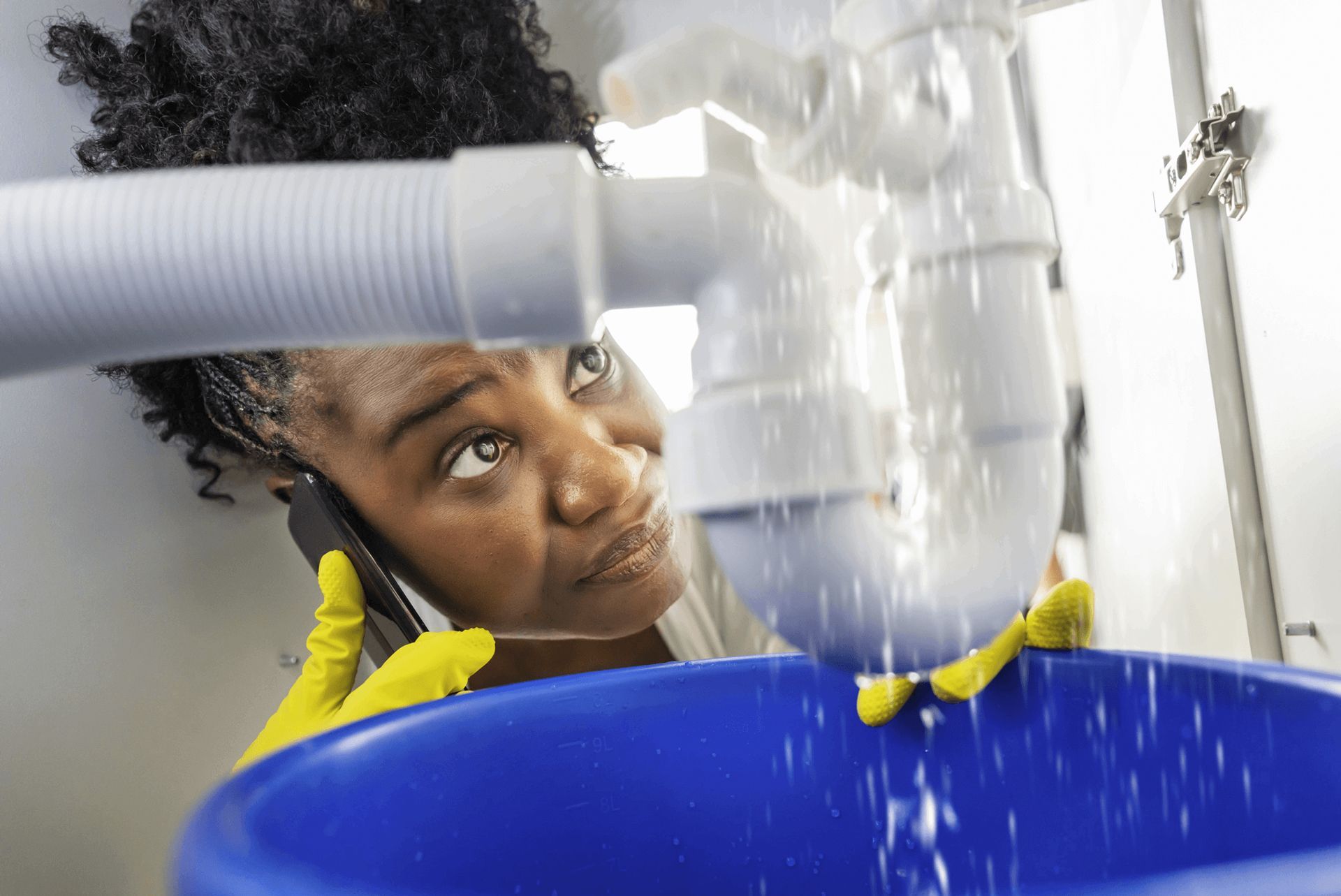
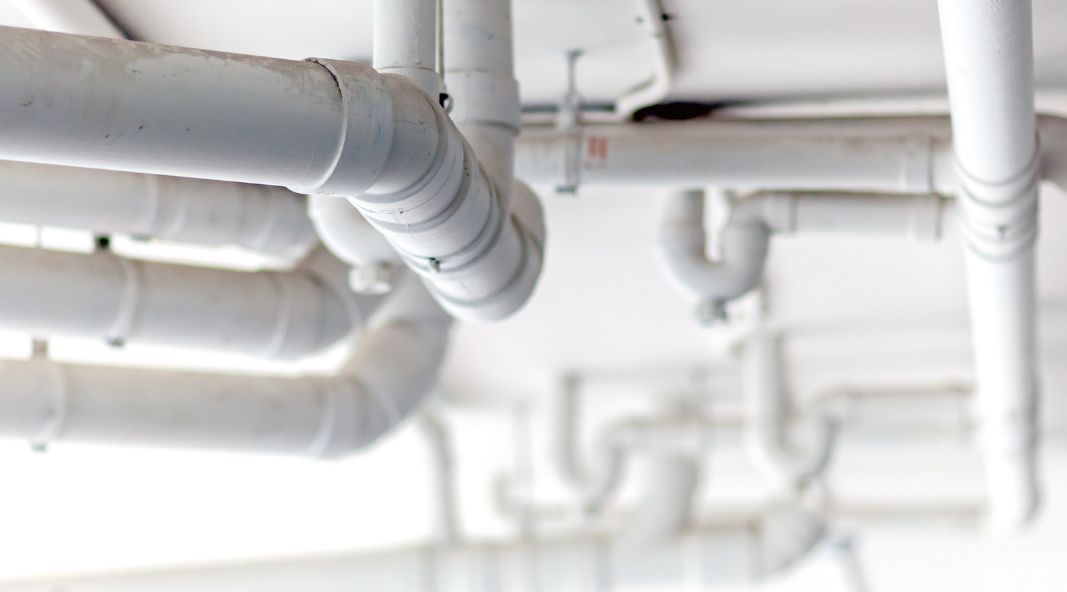

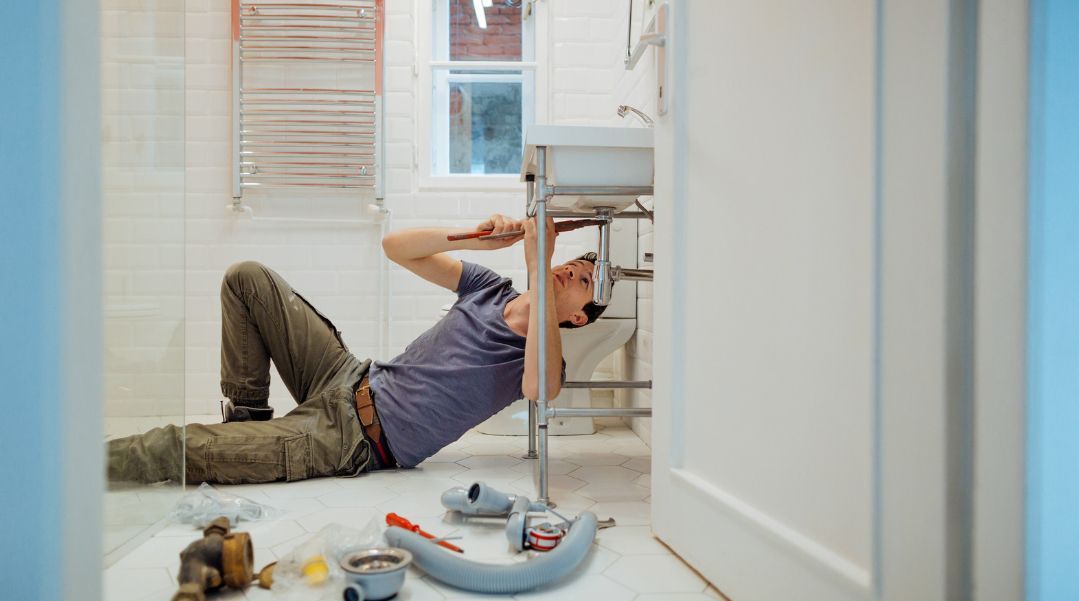
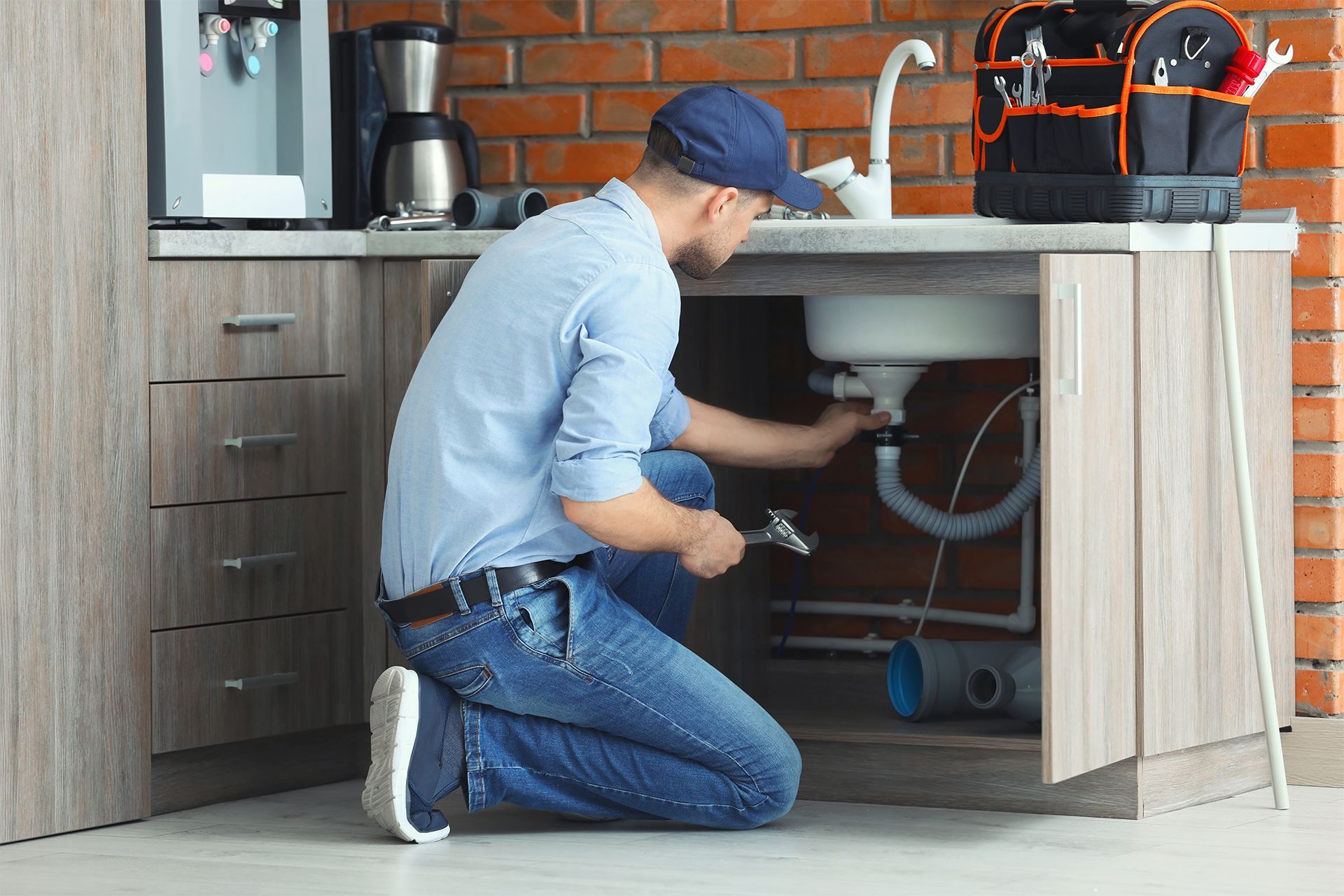


Quick Links
Our Services